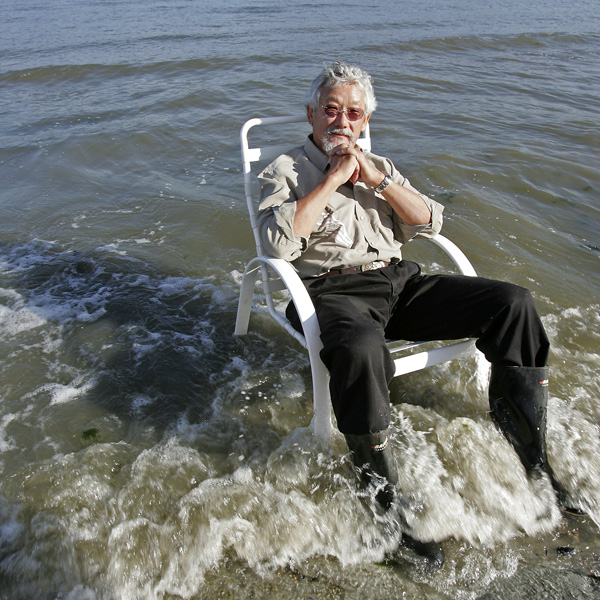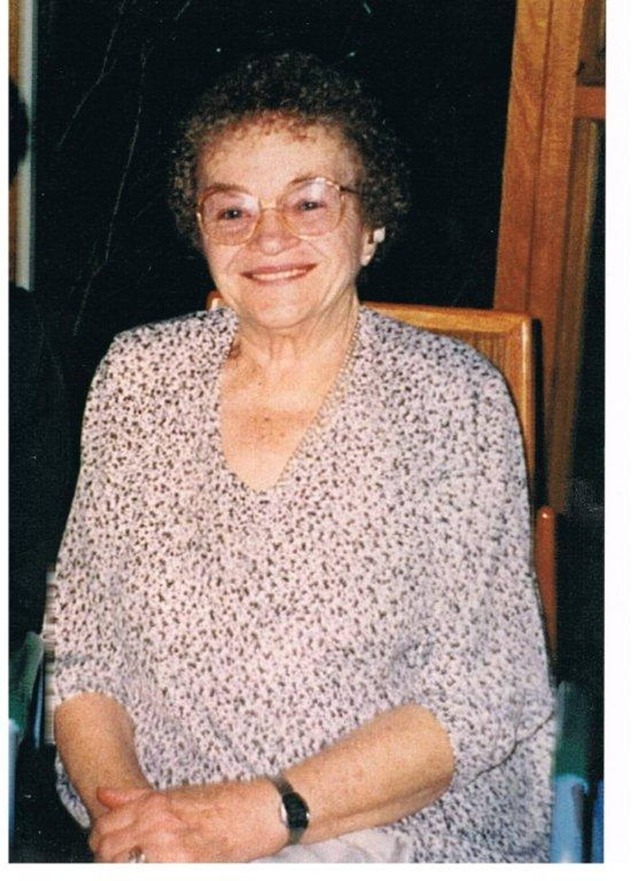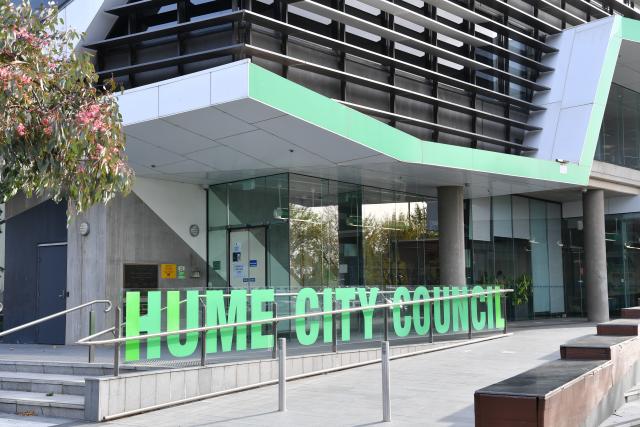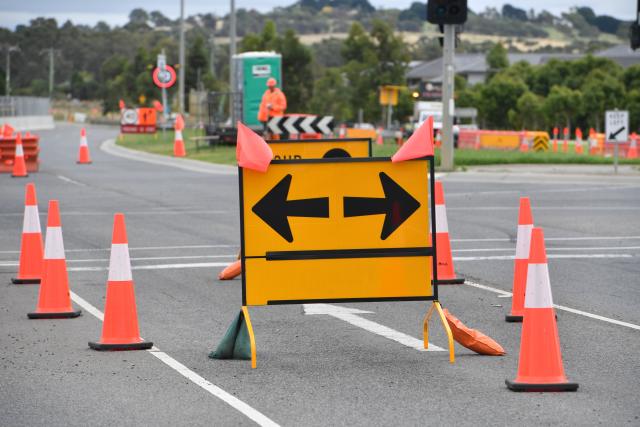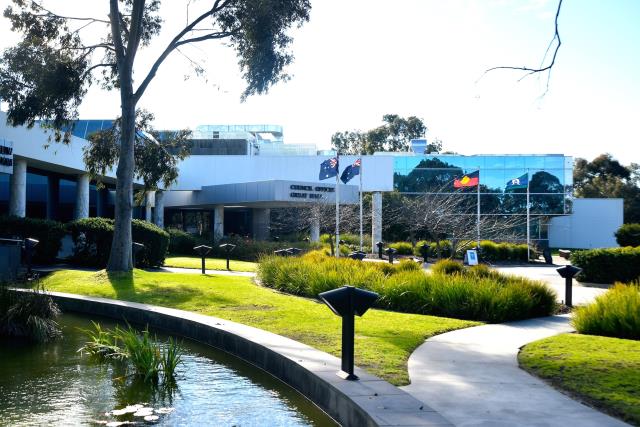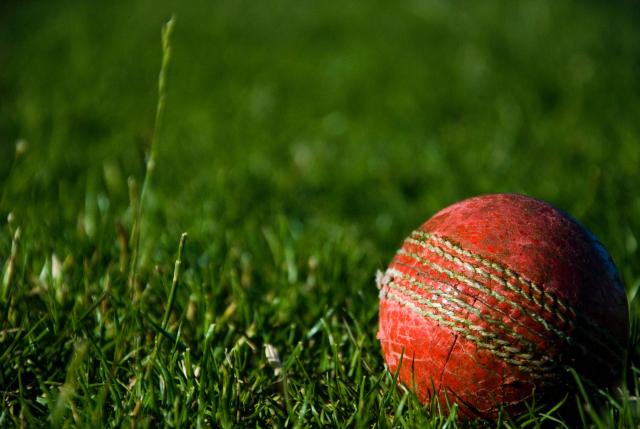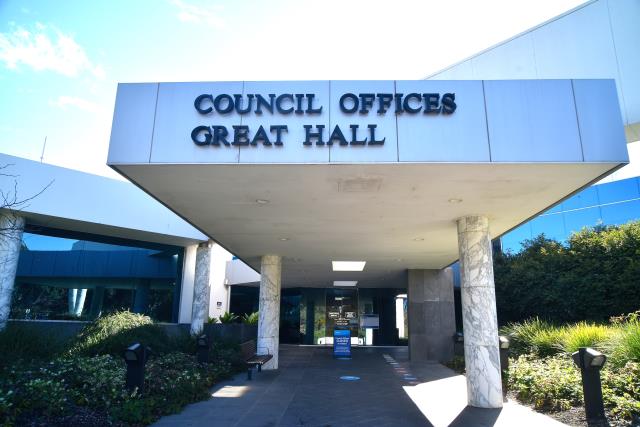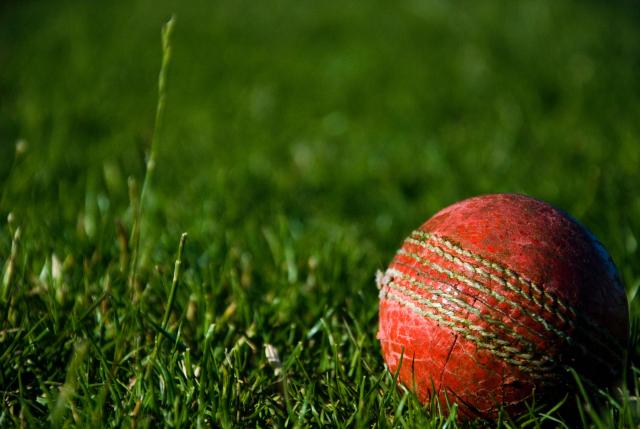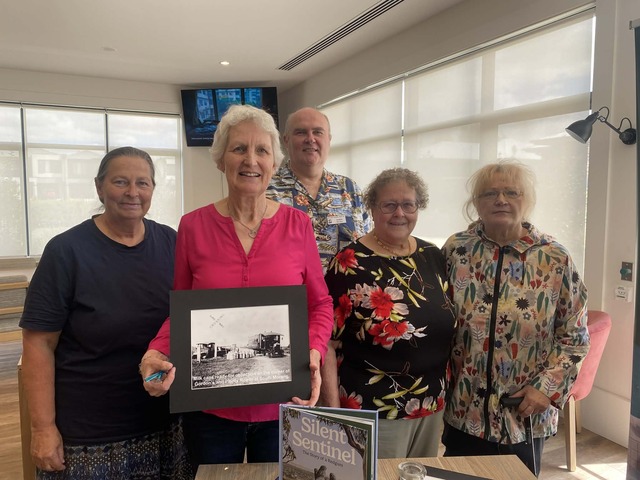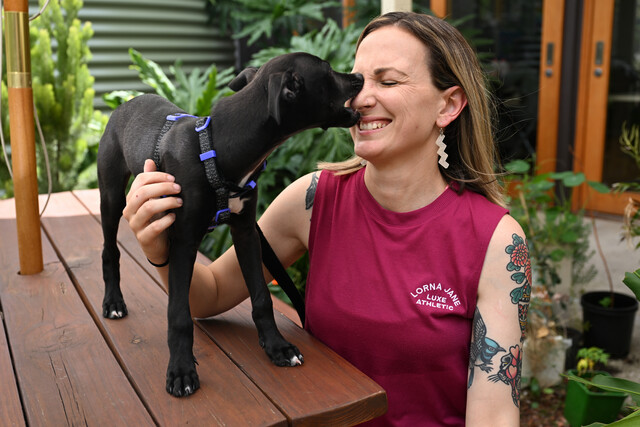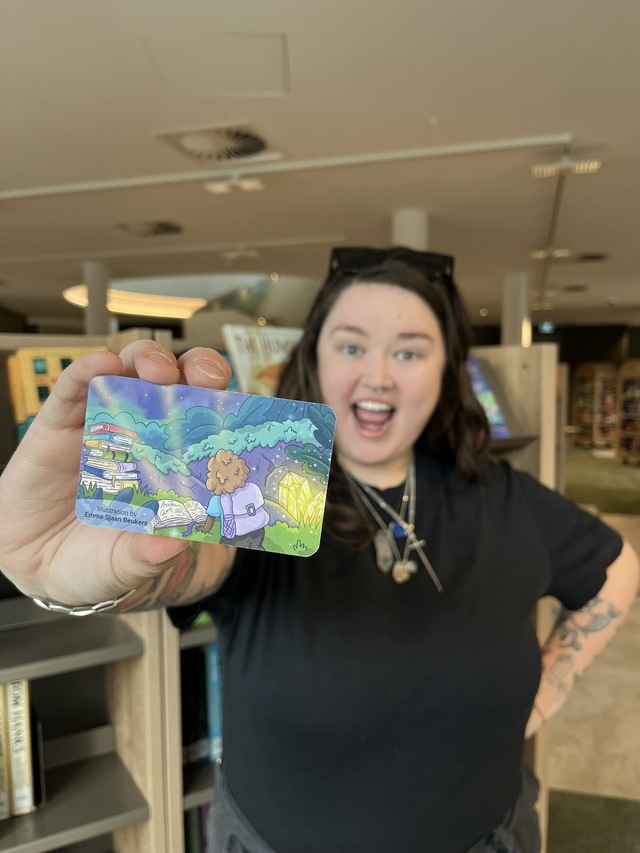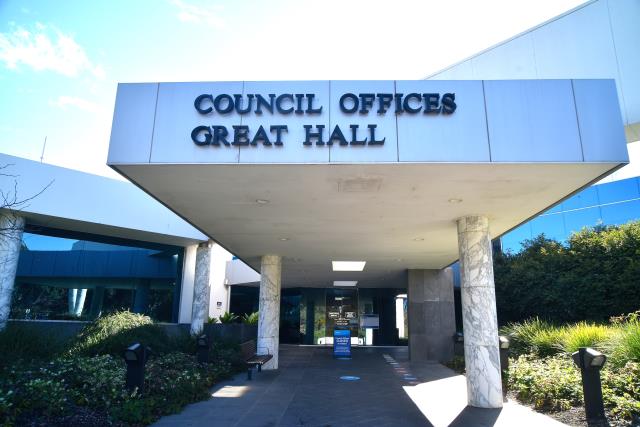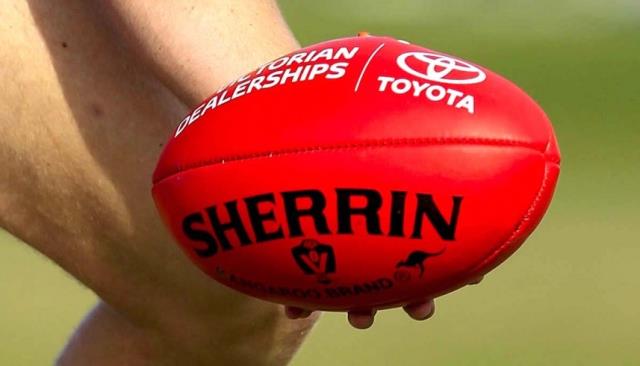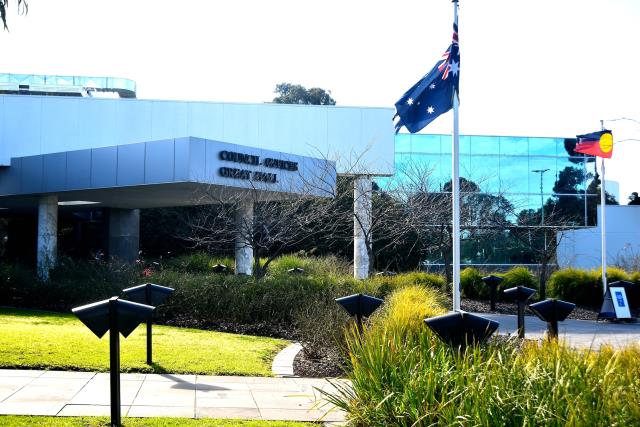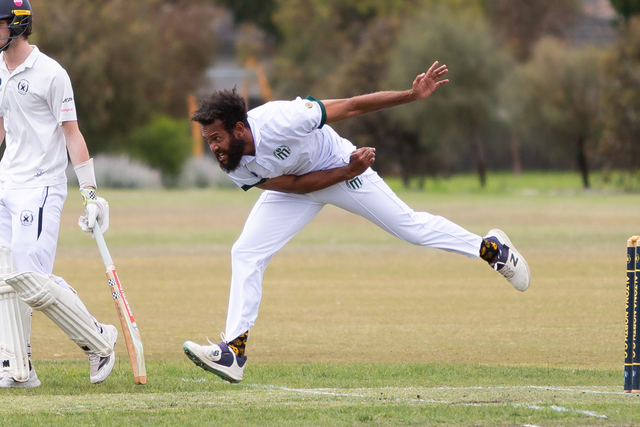DAVID Suzuki is relentless in his quest to spread his environmental message. From far-flung villages in the Canadian Arctic to wind farms in Denmark, there’s nowhere this green warrior won’t go – just as long as it doesn’t clash with his “sacred family time”.
Suzuki puts aside July and August every year to spend time with his family. Last year’s rafting and canoeing trip with his wife, youngest daughter and her boyfriend in the Yukon was especially memorable. For Suzuki, the highlight was not seeing another human being for the entire 14 days. For his daughter, Sarika, there was the small matter of a marriage proposal.
Suzuki isn’t your run-of-the-mill eco campaigner. Adored in his home country thanks to his long-running documentary series, The Nature of Things, and numerous books, the outspoken disciple of the natural world is just as well loved in Australia.
It was during his first trip to Australia in 1988 for the Commission for the Future that Suzuki first understood the urgency of global warming. The commission, established by the Hawke government in 1985, won a major United Nations award for educating Australia about climate change. Until then, the geneticist had thought global warming was a slow-motion catastrophe. He admits he was much more interested in stopping clear cut logging and pollution of the oceans.
“But when I went to Melbourne and people showed me actually what they were finding, it was clear: we had to do something,” he says. “The science is in people, and if any country should know that climate change is real, it’s Australia for god’s sake. Yet look at the level of debate that’s going on in Australia. It’s terrible.”
Since that first trip to Australia nearly 25 years ago, he has witnessed first hand the changes in our environment, particularly the spectacular degradation of the Great Barrier Reef. While dive operators are as enthusiastic as they’ve ever been in talking up the beauty of Australia’s own great natural wonder, Suzuki remembers what it used to be like.
“Compared to what it was when I first dived there in ’88, it’s shocking to see the degradation,” he says. “It used to be beautiful, huge acreages of stag coral and now so much of it is reduced to rubble. There are so many less fish, both the small ones and the big fish, to me it’s quite staggering. That’s why I keep saying that elders should be out there beating their drums and saying, ‘Look, when I was a boy, this is what it used to be like and now look at it’.”
Suzuki’s own boyhood was not always easy. Born in Canada, a third generation migrant, Suzuki and his family experienced racism because of their Japanese heritage. His parents had never even been to Japan but that wasn’t enough to deflect the inherent fear and bigotry that gripped the US after the attack on Pearl Harbour.
Suzuki’s family was stripped of its rights and citizenship and thrown into a camp for three years. Suzuki didn’t speak a word of Japanese and was regularly beaten up by other children. On release, they were “expelled from the province and kicked out into the centre of Canada”.
“I think for my dad and mum this was a great humiliation and really they were disenchanted with Canada,” Suzuki says. “In many ways, my drive to do whatever I do is an attempt to show Canadians that it was a big mistake to treat us that way. I know that everything I did, my father took incredible pride in and it was because it was an affirmation that we were good Canadians.”
After high school, Suzuki left Canada to go to college in the US and stayed for eight years, receiving his Bachelor of Arts from Amherst College in Massachusetts in 1958, and his PhD in Zoology from the University of Chicago in 1961.
In the grip of the space race, America began to spend billions of dollars at universities and labs and suddenly there were academic jobs everywhere, even for Japanese-Canadian scientists. But looking around him at a society ruled by race segregation, Suzuki decided Canada was the lesser of two evils and returned home.
His broadcasting career began with a weekly children’s TV show in 1970, Suzuki on Science, followed by a radio program, Quirks and Quarks, in 1974. But it’s as the host of The Nature of Things since 1979 that Suzuki has gained a worldwide reputation.
Still on air, the program has been seen in more than 40 countries. Most recently, Suzuki has created a spin-off show, The Suzuki Diaries, with daughter Sarika.
“The show is based on the fact that my youngest daughter was always saying to me from when she was very young, ‘Dad, is it too late? Are there any answers? What can we do?’, he says. “I got very upset about this and thought I’ve got to inspire her with what can be done.”
The dynamic duo has created three shows on European cities, Canadian oceans and Canadian cities. From greenhouses mounted above old factories to biodynamic wineries in France’s Loire Valley, filming left Suzuki feeling positive about the future.
“Talk about inspirational! The things that are going on at the level of cities is absolutely revolutionary and we want to do one [show] next year on cities around the world, because I’m sure in Brazil and India and China we are going to find all kinds of things at the local level,” he says.
Approaching the end of his life, or what he calls the “death zone”, Suzuki is determined to go out fighting. He laughs heartily down the line from Ottawa when I tell him my colleague guess that he must be 55, a full two decades less than his nearly 76 years.
“I chose my parents very well I think,’’ he says. ‘‘But the thing I keep saying to people my age is that the best medicine you have is exercise. If you look at the statistics on Alzheimer’s, strokes, heart disease and cancer, the one factor over and over again that reduces your risk of these things is exercise. The body has this tremendous regenerative ability but you’ve got to exercise it.”
As he approaches 80, Suzuki says he is in the most important period of his life. “I’m not concerned with money or celebrity or even sex. I’m at an age where I can sit back and say, ‘What the hell have I learnt? And what would I like to pass on to the next generation?’ ”
He urges other elders to forget golf courses, fancy retirement villages and package cruises. Rather, he says they need to get out and tell young people what they have learnt over a lifetime. As for his own legacy, all Suzuki wants is to be able to look at his five grandchildren on his death bed and say he did the best he could against all odds.
But is it too late? Is the environment movement actually going backwards? The mere mention of economic lobbyists and climate change deniers gets Suzuki fired up.
“Why don’t people listen to scientists?” he demands at full throttle. “I find that the most disturbing part of what’s going on is a definite movement to undermine the credibility of all scientists … Well, if we lose the credibility of our scientific community, what the hell are we going to listen to? The Bible? The Koran? Who the hell become the best-informed people? I find this a very frightening situation.”
While nature has always been an integral part of his life, shaped by early camping and fishing trips with his father, Suzuki has watched society become obsessed with jobs and the economy at the expense of nature.
He cites a friend who lives in a high-rise Toronto apartment. Each day his friend gets in his car in his basement car park to drive to his downtown office basement car park, and rides the lift to his air-conditioned office. The office building is connected, by a series of tunnels, to shopping malls, food outlets and public transport.
The result: the potential to live for weeks without going outside.
“One hundred years ago, you had small villages and a lot of people in the outback,” he says. “When you’re out in the countryside, you know that you depend on nature, weather and climate and the amount of rainfall. But when you live in a city, you live in a human-created environment and you think, ‘Well gee, as long as there are parks out there where I can play, who needs nature?’ It’s horrifying!”
Suzuki knows that for city-dwellers (who now make up the majority of Australia’s population), jobs are the highest priority because you need your job to earn money to buy the things you want. It’s no accident that governments around the world are increasingly focused on the economy over the environment.
“The forest company will say, ‘I can create 200 jobs, generate this much pulp and this much lumber’,” he says. “We have to say, ‘Well maybe we can get some tourists to come here and maybe we can find some edible nuts and maybe we can find medicines’ so we aren’t left trying to compete with their economic arguments.
‘‘The reality is that as long as the forest is standing, it’s taking carbon out of the atmosphere and putting oxygen back in it – not a bad service for an animal like us. But economists disregard that.”
Suzuki isn’t giving up his fight.
“There are lots of answers out there. You just have to say, we’ve got an urgent crisis so let’s get on with solving it … We’ve got to quit messing around, we’ve got no time. This is really, really urgent!”

